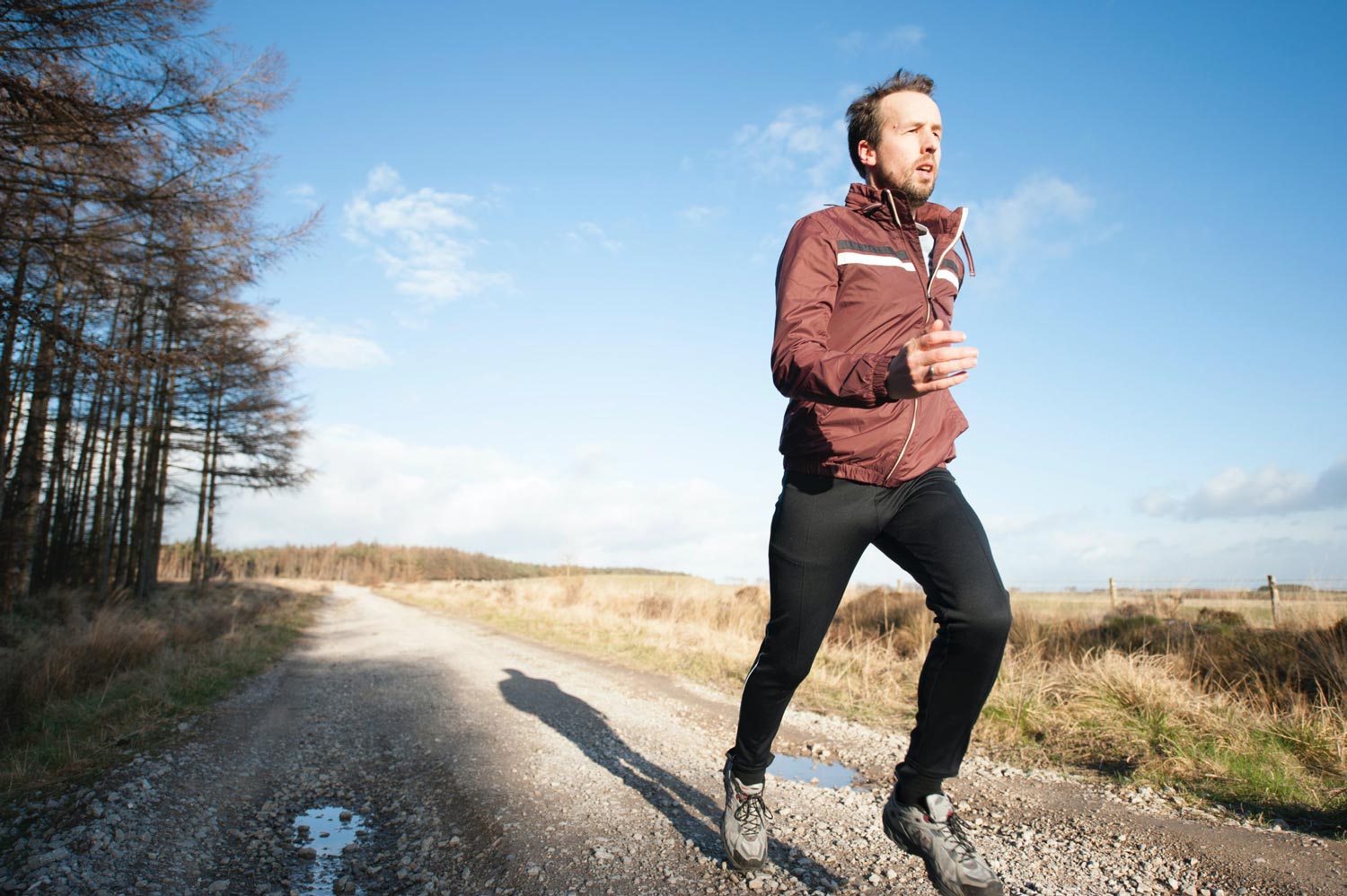Since COVID-19 attacks the lungs, and scientists are now also seeing evidence of heart injury as well, many are deeply concerned about their physical health. Although symptoms of COVID-19 appear to be physical in nature, there’s another side to the coin. As rates of social isolation and lockdown increase, as well as issues surrounding food shortages and unemployment, mental health complications may also arise.
During this time, it’s imperative that you look after both your physical and mental health – after all, they’re not independent of one another.
The Link Between Your Mental and Physical Health
Your physical health can have a significant effect on your mental health and vice versa. For example, it’s been found that depression may cause a 50 percent increase in your risk of dying from cancer and a 67 percent increase from heart disease.
As stated by the World Health Organization, health is defined as “a state of complete physical, mental and social well-being and not merely the absence of disease or infirmity.” They also state that “there is no health without mental health.” Although this relationship is complex, the associations between mental and physical health often relate to the following:
- The risk of chronic physical conditions will increase in relation to poor mental health, particularly among those living with a serious mental health condition
- Those living with a chronic physical condition are at a higher risk of developing poor mental health
Take a More Holistic Approach During the COVID-19 Pandemic
It is incredibly important to take a proactive approach during the current pandemic, as social distancing is imperative in terms of risk-reduction. This, of course, will help you reduce your risk of catching the virus and becoming physically ill.
In many cases, these physical distancing measures have left millions feeling depressed, isolated, and anxious. To combat these feelings, it’s critical that you take action. To protect all aspects of your well-being, follow these steps.
Step one: Try to minimize stress levels
Since COVID-19 was labeled “a public health emergency of international concern,” stress levels have spiked across the globe. The relationship between stress and anxiety is clear. However, many are unaware of the physical impact that stress has on the body, impacting everything from your respiratory system to your cardiovascular system, endocrine system to your gastrointestinal system.
Related: Self-Care Tips for Coronavirus Anxiety
Many stress management techniques will have a positive effect on both your physical and mental health, including the following strategies:
- Maintain a healthy social support network
- Engage in regular physical exercise
- Get enough quality sleep each night
Step two: Focus on your diet
It’s been found that your gut is directly connected to your brain – meaning, the foods you eat can have a direct impact on both your physical and mental well-being. In fact, 90 percent of serotonin receptors are found in your gut.
During this time, be sure to practice food planning and:
- Eat as many whole foods as possible, limited processed foods
- Increase your intake of fresh and frozen fruits and vegetables
- Eat more legumes to increase your fiber intake
- Reduce your sugar intake
- Eat less red meat
Also, be sure to drink plenty of water! Hydration is incredibly important for all bodily systems, particularly your heart and brain. After all, 75 percent of your brain is water.
Step three: Limit your intake of alcohol and seek support if needed
It is well-understood that alcohol has both short- and long-term effects on nearly every single organ in your body. Heavy consumption will also weaken your immune system. For those who are trying to quit smoking, alcohol may act as a trigger – and unfortunately, smoking is associated with a more complicated progression of COVID-19.
If you are drinking to self-medicate, it’s imperative to seek support for your mental health. Online therapy is still available and there are many steps you can take to practice greater self-care during this time.
There is no denying that life is different right now. Give yourself permission to take a step back and remember what Mireille Guiliano said, “Taking care of your mental and physical health is just as important as any career move or responsibility.”






